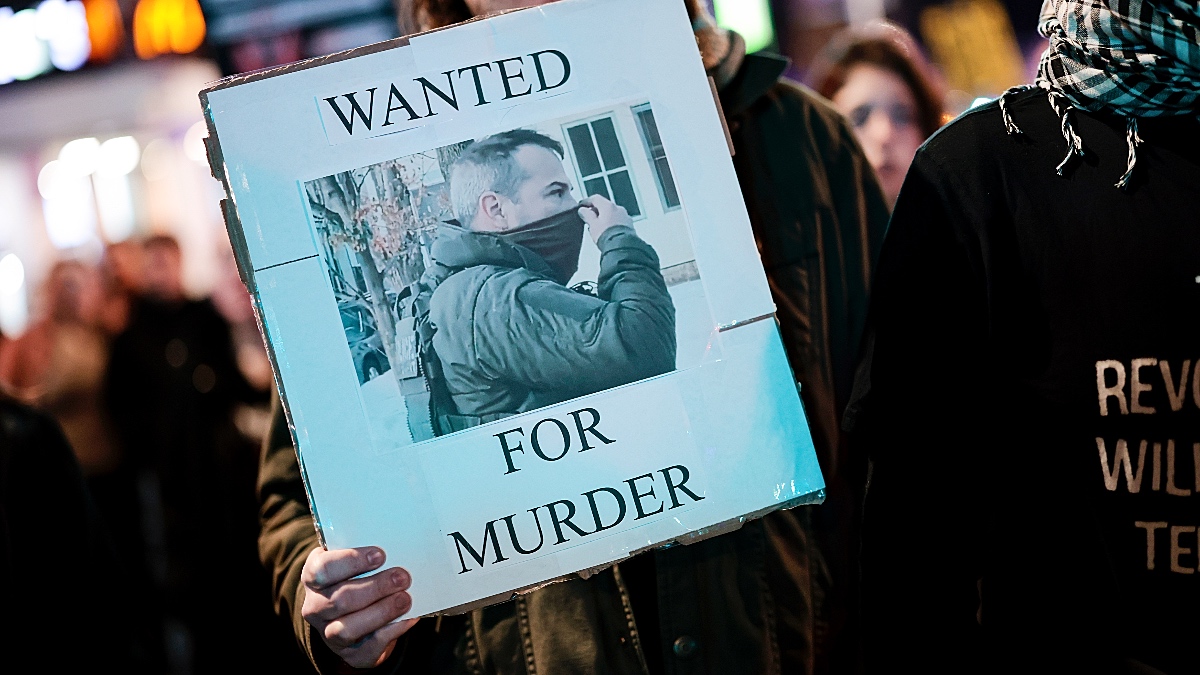
Three episodes were provided prior to broadcast.
Questions of purpose hang heavy over Hap and Leonard, SundanceTV’s sweaty and savory adaptation of the detective novels by Joe R. Lansdale. Set in the 1980s, the series revolves around two best friends haunted by the events of years prior. Hap (James Purefoy), who spent time in jail after fighting the draft during Vietnam, has a faint glimmer in his eyes, the last vestige of a once-passionate force of personality. Leonard (Michael K. Williams), who did serve, has the hang-dog look of a man haunted, both by his military excursions and the cultural hostility that he, a gay veteran, found in his homecoming.
Both of them idle away their time working in the rose fields until they’re fired, thanks to an influx of less costly Mexican laborers. It’s not as if these two regularly got up to much beforehand but, suddenly unemployed, they’re more aimless than ever. Still, this suits the pair just fine – kick-boxing, bantering, and genially shooting the breeze is what they do best.
However, as in Lansdale’s books, Hap and Leonard are easily lured. And who can blame them with bait like Trudy (Christina Hendricks)? Hap’s voluptuous femme fatale of an ex-wife, Trudy rolls back into his life with enough of a sway in her steps and a curl in her smile to make him remember the good ol’ days – and what’s more, she comes bearing the promise of a royal jackpot. In exchange for helping her latest ex-husband, shady hippie leader Howard (Bill Sage), recover stolen money from the trunk of a car at the bottom of a river, they’ll get a cut of the profits.
Leonard doesn’t like or trust Trudy, and for good reason, but the reawakening of Hap’s affection for her – coupled with the temptation of easy money – ensures they take her up on her offer. Soon enough, they’re rubbing shoulders with the snaky Howard as well as awkward misfit Chub (Jeff Pope) and a hideously scarred radical named Paco (Neil Sandilands), united solely by greed. After years side by side, Hap and Leonard know how to get things done, which means it’s not long before they’re taking off on their own, frustrated with the free-wheeling incompetence of Howard’s outfit. One senses that Hap’s complicated relationship with Trudy – who seems quietly besotted with her newly motivated ex – is the only thing that keeps him and Leonard from launching their own, independent bid for the cash.
Adding a gallon of gasoline to this roaring tire-fire is the impending arrival of Soldier (Jimmi Simpson) and Angel (Pollyanna McIntosh), two sadistic oddballs on a murder spree across town. Though they’re still disconnected from the main characters three hours into this six-episode freshman run, the pair showcase a ruthless efficiency and gleeful bloodlust that Hap, Leonard, Trudy, and their quixotic gang of non-conformists seem fatally under-equipped to encounter.

Hap and Leonard‘s strange and wonderful characters are some of its key attractions, and the series is flush with them, from Hendricks’ smoldering dame to McIntosh’s unhinged, punkish killer. Best of all, though, are the central duo, who represent an intriguing inversion of the “buddy” dynamic rife throughout television and film nowadays.
Lifelong friends, Hap and Leonard scuffle like brothers, and yet there are inescapably intimate undertones to their rapport that both seem to have fully accepted. Their relationship is proudly at odds with the cultural customs of their time period, a mixture of macho camaraderie, rough-and-tumble wise-cracking, and palpable affection that no one else, not even Trudy, can fully appreciate.
The back-and-forths between Hap and Leonard only intensify in humor and heart as the show unfolds, affording Purefoy and especially Williams more than enough time to construct complex and nuanced characters. Their chemistry is of an easygoing, sardonic sort, and both actors are at the peak of their powers in exploring the impact their past traumas and present surroundings (in the marshy miasma of East Texas) has had on each of their psyches.
Hap and Leonard‘s other ace in the hole, as with many similar slices of crime noir, is its swamp-suffused sense of place. The works of John Dahl, Elmore Leonard, John Carpenter, and the Coen Brothers hang heavy here, and showrunners Nick Damici and Jim Mickle (the latter directing in the same configuration the duo used to adapt Lansdale’s Cold in July) do little to hide how much of their series’ aesthetic is cribbed from genre mavens.
Gratuitous hat-tipping is scarcely a flaw, though. A Carpenter-esque synth score is employed to great effect, while the paranoia-building, noir-esque direction puts invisible boogeymen right off screen, in every shadowy parking lot and backwoods bog. There’s outsized pulpiness in the conflicting masculinities of the series’ characters, sweltering grit to the cinematography, and prurient spice to the dialogue. Hap and Leonard feels like a faithful adaptation of Lansdale’s novels in how – occasionally slow and slight though its main plot may be- it’s nevertheless filled with rich, Texan flavor.
“He sees the world through dirty glasses,” explains Trudy at one point of Leonard. The same could be said of Hap and Leonard – its view of the ’80s, glutted with the ghosts of decades past, is blunt and bitter, its characters all chewed up and spit out by its pervading corruption and constrictive consumerism. The show’s perspective is uniquely grungy and grumpy, and all the more fascinating for it.
In three episodes, Hap and Leonard draws you into its dangerous, unstable quagmire of a setting. At times, it lingers there too long, ambling when it should advance, but the series’ combination of carefully sketched characters and stewing atmosphere is potent enough to overcome such occasional lethargy. And with Soldier and Angel closing in on the gang, it’s not hard to predict that Hap and Leonard‘s meandering, lit fuse isn’t far off from an explosive detonation.










Published: Mar 1, 2016 02:54 pm